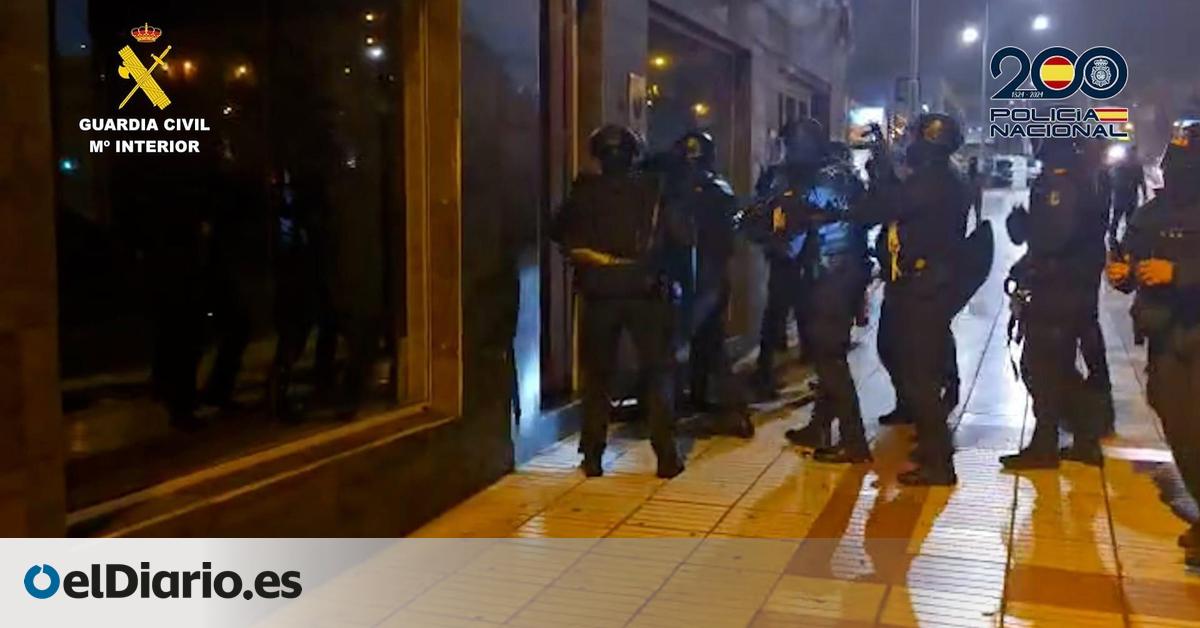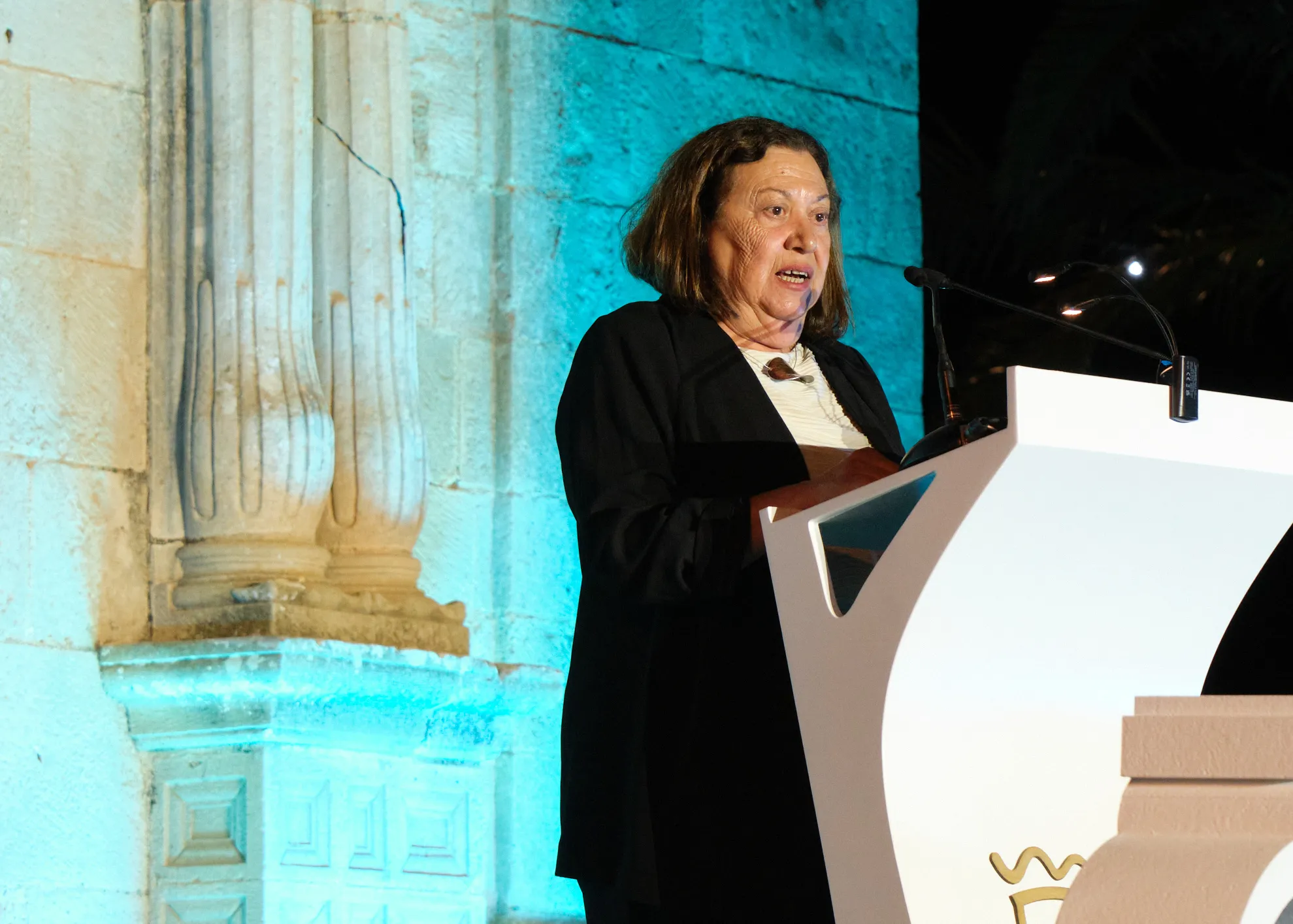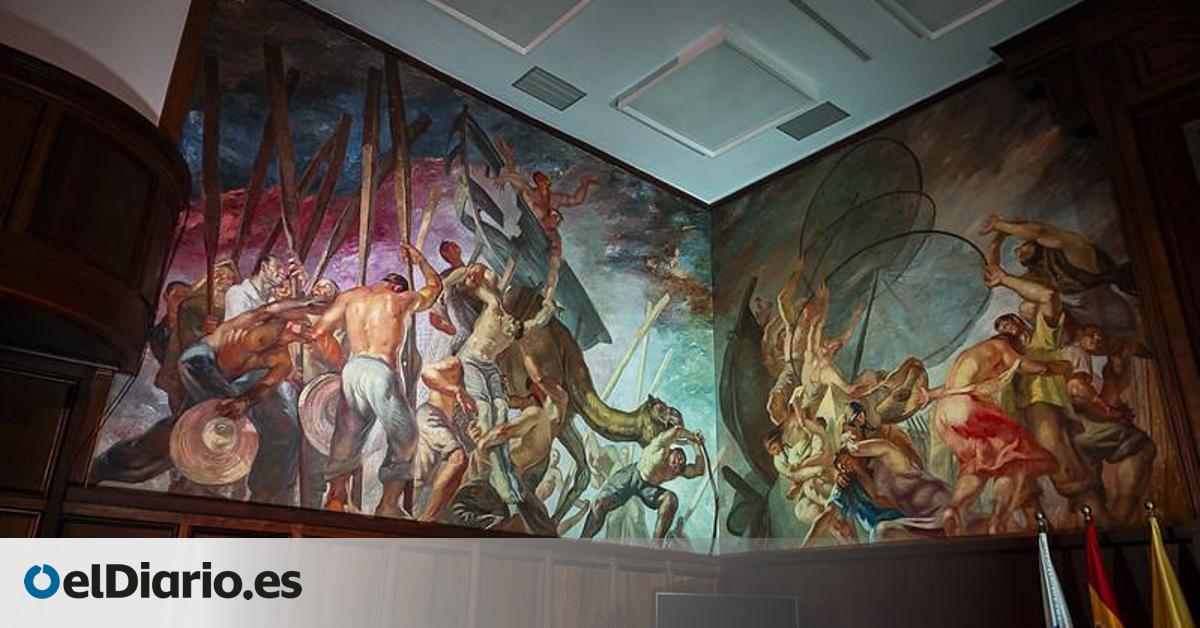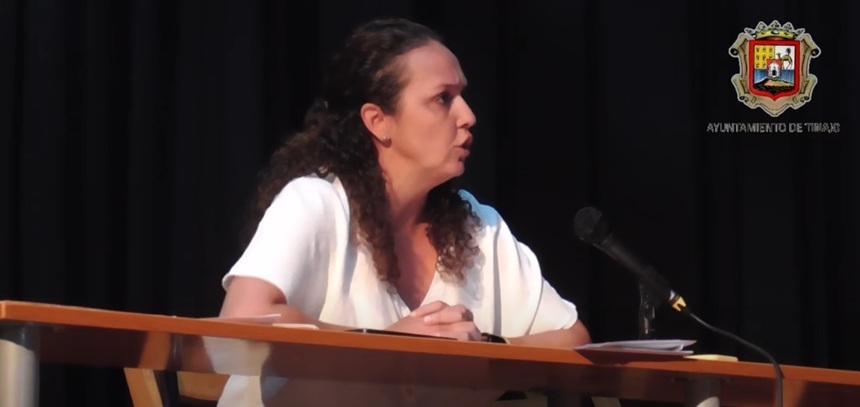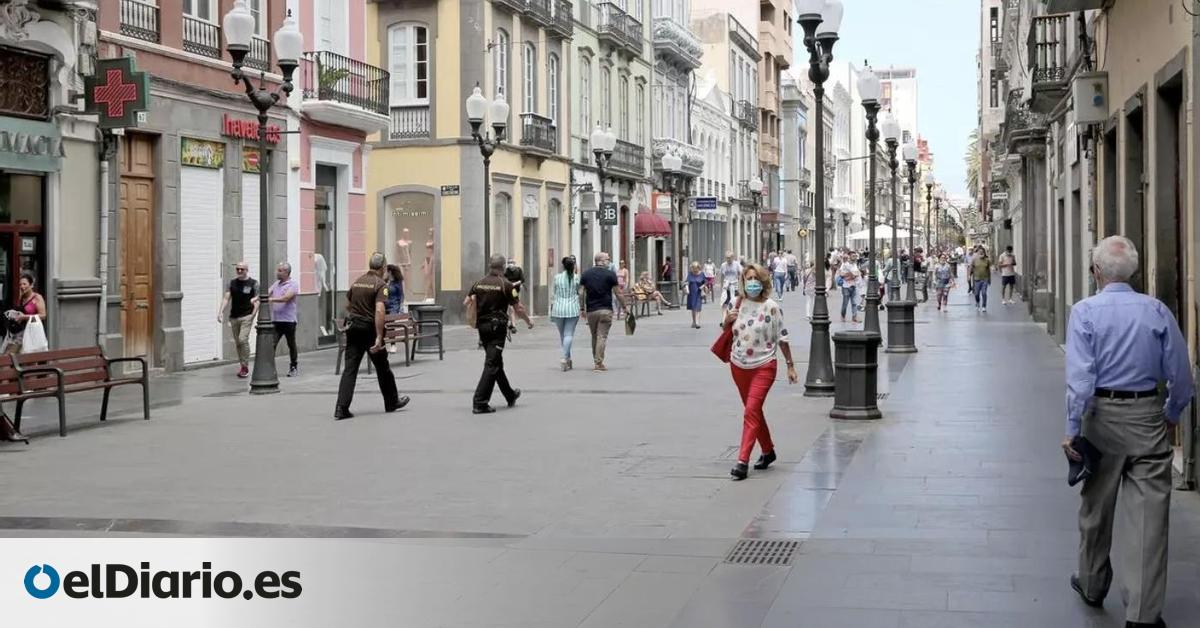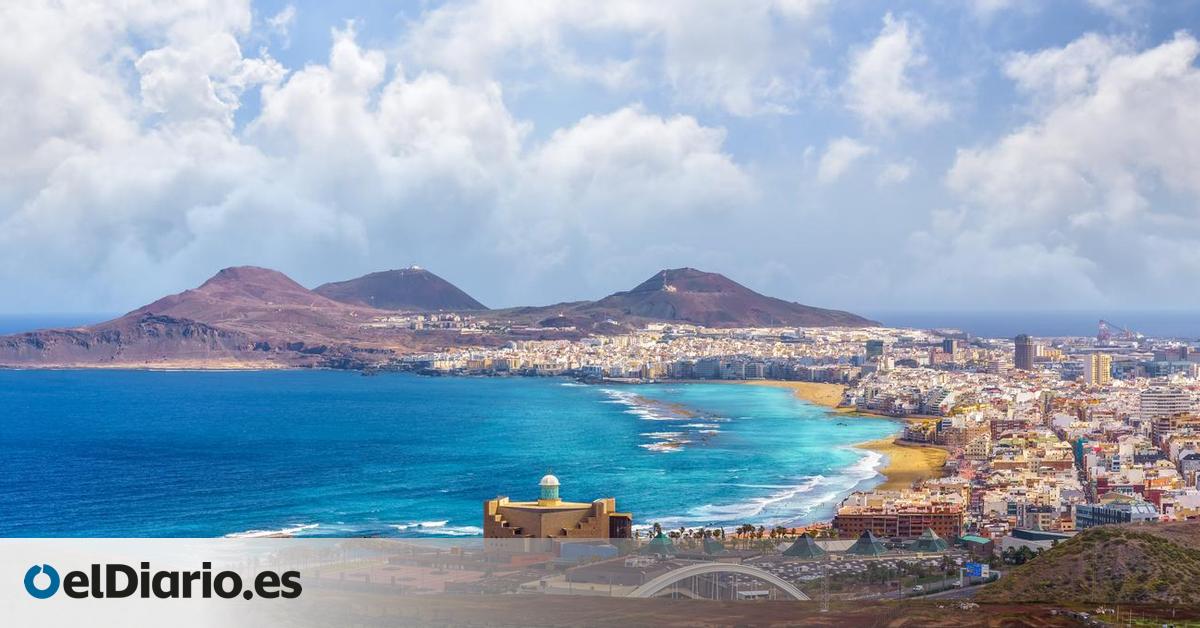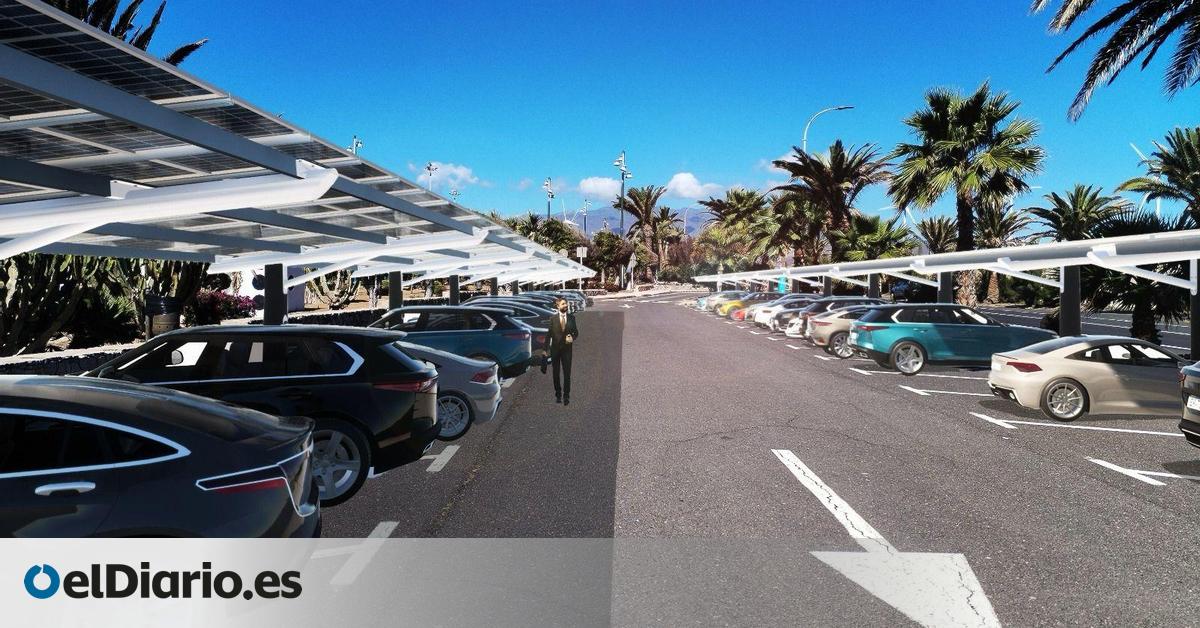Major Cocaine Trafficking Network Disrupted in Spain
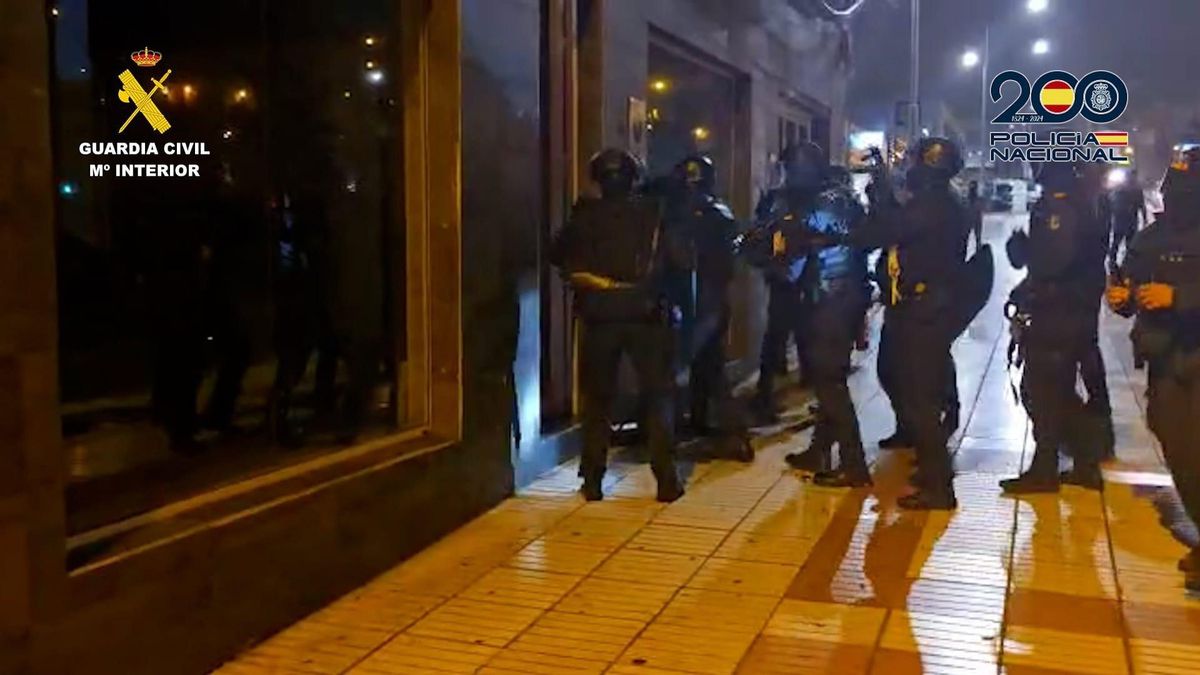
Network Specialised in Large-scale Cocaine Imports
The network was specialised in introducing large quantities of cocaine into Spanish territory via boats, as it maintained “strong international links” and primarily operated in the southern region of Gran Canaria.
The arrest of the Canary Islander known as José “El Buque” by the Guardia Civil and the National Police, after he voluntarily surrendered earlier this week, has led to the dismantling of one of the most active narcotics trafficking networks in Spain. In total, 17 individuals have been arrested, and 23 searches and seizures have been conducted.
Pressure from Ongoing Investigations
Earlier this week, the government delegate in the Canary Islands, Anselmo Pestana, stated that “El Buque” had surrendered to the National Police “precisely due to the pressure of the ongoing investigation,” which resulted in “significant” arrests.
According to a joint statement from the National Police and Guardia Civil, the capture of the group’s leader is a “high-value target” for European law enforcement agencies. This investigation has concluded after more than a year, during which the entire structure of the criminal organisation has been dismantled with the arrest of all its members for drug trafficking and membership of a criminal organisation.
Kidnapping Incident Involving Family
It is worth noting that “El Buque” was previously involved in a kidnapping incident in March 2025, where his wife and child were abducted from the luxury villa they inhabited in El Salobre, in southern Gran Canaria.
Sophisticated Drug Smuggling Operations
The dismantled network, allegedly led by “El Buque,” was known for its ability to introduce large amounts of cocaine into Spain via boats. The group employed “sophisticated methods” to conceal the narcotics, with shipments often weighing several tonnes in each operation. The operation has allowed authorities to seize around 100 kilos of cocaine and another 100 kilos of hashish after two high-seas chases by police.
Additionally, a total of 24 boats have been seized, with 17 arrests made thus far, predominantly in Las Palmas de Gran Canaria, as well as on the islands of La Gomera and Fuerteventura.
Seizures and Ongoing Investigations
Regarding the 23 searches conducted across various judicial districts in Las Palmas de Gran Canaria and La Gomera, agents have confiscated significant amounts of cash and 14 properties, which have now been handed over to the National Court. They have also seized 38 vehicles and a considerable amount of computer and documentary material for further analysis.
The investigation was overseen by the Central Investigating Court Number 6, supported by the Anti-Drug Special Prosecutor’s Office of the National Court. This operation also received backing from the NCA (National Crime Agency of the UK), the DEA (Drug Enforcement Administration of the USA), EUROPOL, MAOC-N (Maritime Analysis and Operations Centre for Drug Trafficking), and CITCO (Intelligence Centre against Terrorism and Organised Crime).
All institutions involved have been “crucial” in tracking the transnational movements of the organisation and intercepting its communications during critical phases of the investigation.


